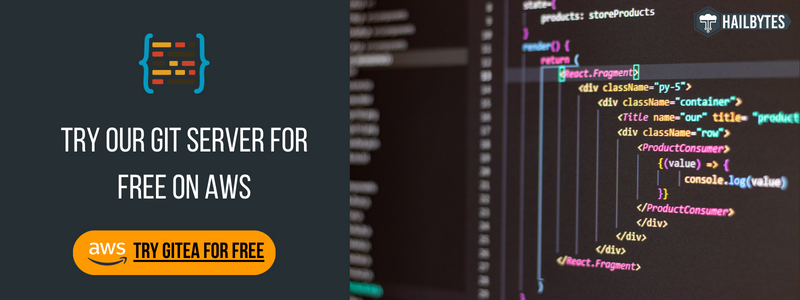What Are The Best Ways To Store The Code For Your Next App?

Introduction
With the world being increasingly more mobile and applications evermore popular, there has been a big need for customised application development.
While most people can use existing templates to create simple apps, they soon want to increase their capabilities by learning to code themselves. This article looks at some of the best ways to store this code once you’ve learned it.
Source Code Management (SCM) Systems
The first thing that many developers will turn to is source code management systems, such as Git or Subversion. These allow you to version your code in an easy-to-use way and keep track of who edited what and when. You can then have your whole team work on different aspects at one time without worrying about conflicts.
Of course, this doesn’t help if you are working alone or as part of a small team – but it does give you the ability to share your code with others. It also helps remove any worries about accidentally deleting code or overwriting each other’s work.
One important thing to note is that not all SCMs are the same, and so it is vital that you research thoroughly before choosing one to use. You could even consider using multiple systems simultaneously if this would be helpful for what you need. Some tools will only be available on certain platforms, so again check carefully before committing to one option in particular.
In addition to servers for hosting the actual system itself, some will offer additional functionality like commit hooks. These let you automate different parts of the process, such as ensuring that no code can be committed unless it passes certain tests first.
Visual Editors
If you’re not used to coding then tiny mistakes or a complicated user interface can make it seem impossible to continue with your work – and this is part of what makes SCMs so appealing. However, if you want something simpler there are other visual editors out there that still give you some decent capabilities but without all the hassle.
For example, Visual Studio Code from Microsoft offers a range of options for front-end and back-end languages and will run on Windows, MacOS or Linux. It also boasts native support for Git alongside extensions for GitHub and BitBucket, which allow you to push code directly from the editor itself.
You could also consider using a cloud-based offering such as Codenvy. This lets you create new projects, work on them and share your code with others in a simple way – all without needing to worry about hosting or managing anything yourself. Just keep an eye on costs if your budget is tight!
Whatever choice you make it is important to remember that staying organised is essential when working on any kind of project. No matter how much experience or coding knowledge you already have, ensuring that everything stays pristine is always going to be the best way forward for you and the people who end up using your apps. So take care in making sure that the code you store is always up-to-date and easy to find too!
Conclusion
As a developer, when you are learning how to code there are many options that are available to you in order to store your applications. There is no one right way of doing things and so as long as you can keep everything neatly organized then it really doesn’t matter what steps you take. Just explore different options until you find the right one for your needs.






